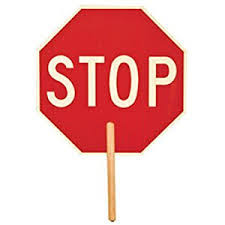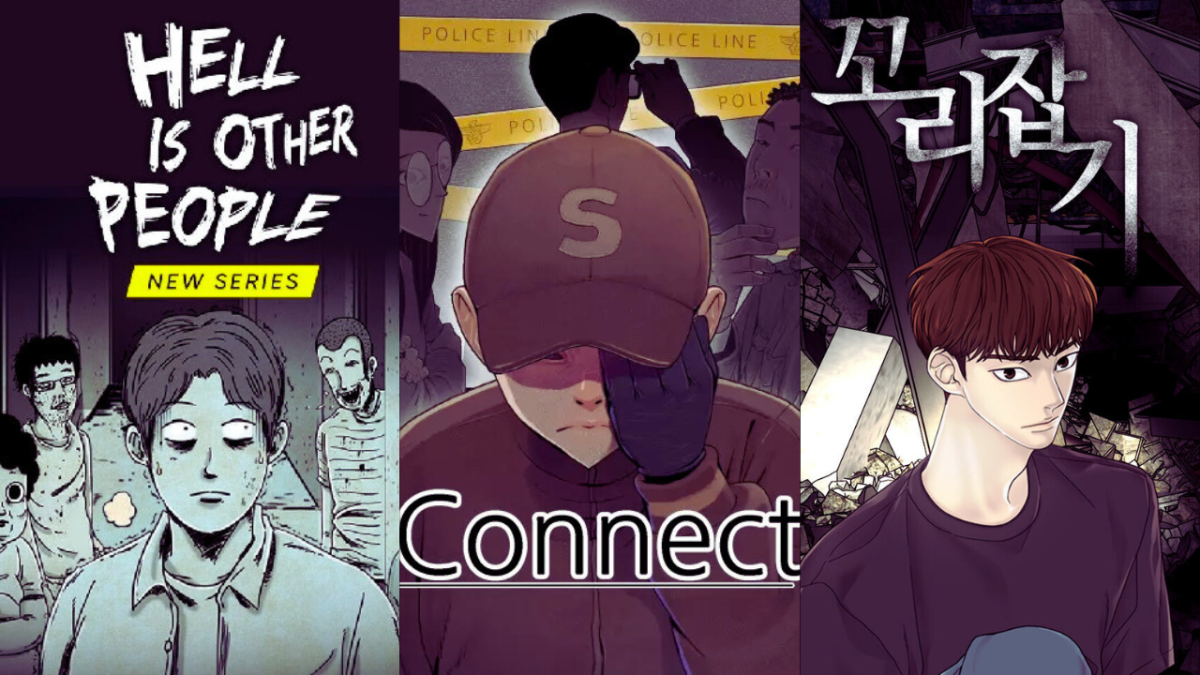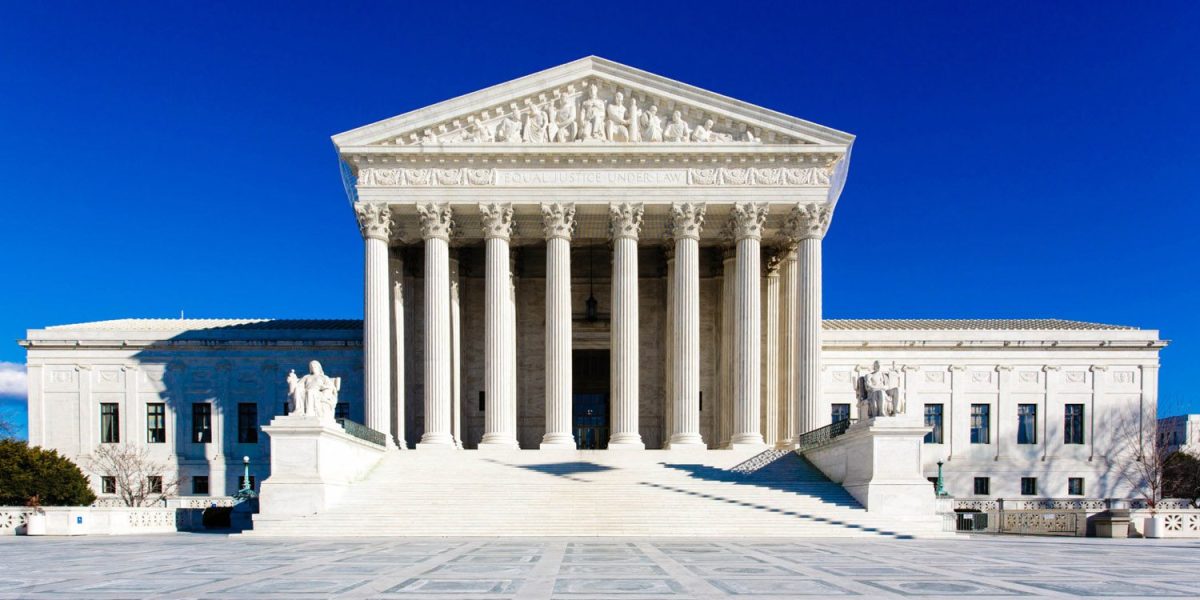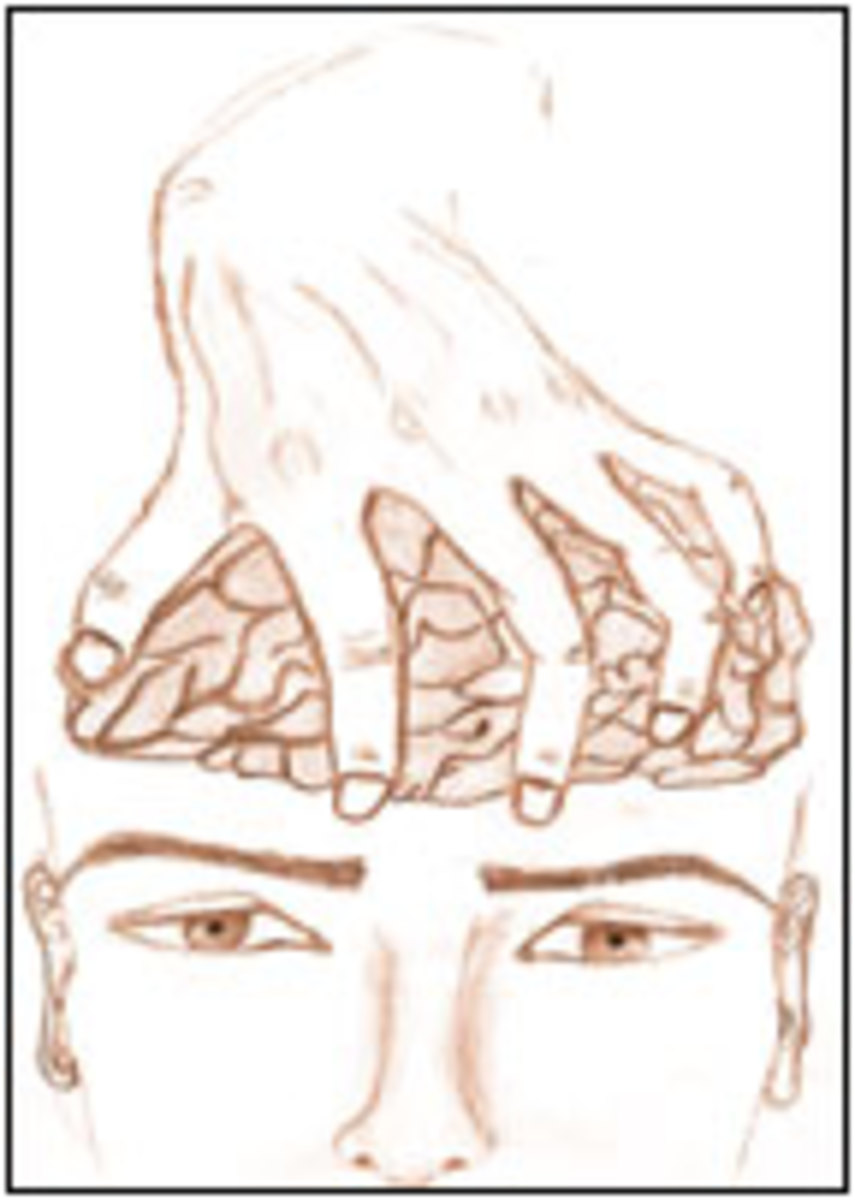Jungle Justice in Nigeria
INTRODUCTION
One of the justifications for the evolution of the modern state is the desire by humanity to escape from the lawless state of nature, wherein life was reputed to be brutish, nasty and short.
The term extrajudicial killing (also known as extrajudicial execution) is the killing of a person or persons by governmental authorities or by a group of citizens supported by the government without the sanction of any judicial proceeding or legal process. Extrajudicial punishments are mostly seen by humanity to be unethical, since they bypass the due process of the legal jurisdiction in which they occur. In its original meaning, it refers to homicides that are committed outside the legal system with no prior judgment of a court. In this sense, the term comprises a large amount of violent acts with different motives, victims and perpetrators.
The most troublesome of these extrajudicial killings, are those carried out by civilian mobs. Where the rule of law is disregarded and matters are taken into the hands and mercy of an angry mob. It is a common occurrence today that if a petty thief or burglar is apprehended, a mob will immediately gather around him or her. The suspect is then beaten to death or given the tire treatment, whereby a rubber tire is put round his neck and set afire, burning the suspect alive). This exercise is locally referred to as 'jungle justice’. Jungle justice is rampant across sub-Saharan Africa especially in Nigerian and Cameroon. Every day at least one person on the continent faces torture or even death at the hands of irate citizenry determined to be judge, jury and executioner. Jungle justice is also referred to as mob or street justice and can lead to extra-judicial killing.
The sadly amazing part of this barbaric act is that a considerable number of people seem to entertain it and be entertained by it and seem to have found justification for their actions in the fact that security personnel and the judiciary have failed in their responsibility to protect citizens and have therefore lost all credibility. The total effect of these causes is that citizens decide that it is better to take the laws in their own hands and play the role of a judge and the executioner without giving their victims the chance of presenting their case in the court to be found guilty or not, because they have no trust in the ability of democratic institutions to settle their conflicts.
The police and other security personals who have been saddled with the responsibility and sworn to protect our constitutionally guaranteed right to life and to fair hearing seem to be doing nothing about it as in some instances the can be seen to be supporting or even taking active part and becoming lead characters in the madness.
This shows the fault in our legal/justice system and as the rate of jungle justice is on the rise effective steps need to be taken to curb it.
Jungle justice has not reduced crime in Nigeria but has rather multiplied the number of human right abuses in the country. The stereotype of Africans/Nigerians as being brutal, savage, bloodthirsty, backward and uncivilized is furthered bolstered by the actions of an ignorant faction.
Even though there are a lot of scholarly works on extrajudicial killings not just in Nigeria but in the world at large, these works fail to proffer possible solutions on how to exterminate or even reduce the barbaric act. The major gap in the works in this field is that not much is said on how the menace of extrajudicial killings can be curbed. Paying attention to this area will help facilitate a deeper appreciation of the legal challenges posed by the phenomenon of extrajudicial killings as well as how they can be overcome.
Regrettably, culpability on the part of the Nigerian government could be seen from the government’s attitude to many unresolved cases of jungle justice, violence, police condition of service, and general lawlessness in the country.
POSSIBLE SOLUTIONS
To solve this injustice of Innocent killings of people who are suspected to be perpetrators of crimes (jungle justice), the aim of this is to reduce to the barest minimum the issue of citizens taking law into their hands because they have lost belief in the justice system.
- The issue of failed criminal system and emotional imbalance attitudes like frustration and irrational approach to addressing situations. We will also address them on conflict analysis and prevention and the act of refraining from violence and terrorism as well as helping them understand how justice, security and rule of law operates in a democratic system. To tame mob action, it is important that the law enforcement agencies do their bits and government should ensure that justice is dispenced on time. It is the frustration of people with the justice system that causes mob action.
- Unemployment may also make people embark on mob action. The devil finds work for idle hands. if there are so many youths that gather around and there is no job, and there is a shout of “thief, thief,” they are bound to take the law into their own hands. So, we should also look at engaging the hands and minds of our youths productively and meaningfully.
- There should be serious punitive measures for anybody involved in mob justice. There should be a working policy to guard against mob action. I think there is an existing law in this regard; it is just that people need to be made aware that there is such a law and that we are in an environment where laws can be effective. People should not become Lords unto themselves. The government should organise public enlightenment programmes to dissuade people from taking part in dishing out mob justice.
- A bill should be brought up to make it a duty for persons to ensure that no jungle justice is done near them, so in essence when someone is lynched somewhere, people in that vicinity will be held accountable.
Many of our people are not aware or they claim not to be aware that even when a criminal is caught in the act, he has a right until he is pronounced guilty. The law still sees such a person as innocent of whatever crime he or she is being accused of. Unfortunately, the challenges people are having in taking matters to court is that matters linger in court and some people have lost interest in the court process. So, they feel they can have it their way.
That is a wrong perception about the whole thing. People should not take the law into their own hands.
CONCLUSION
In conclusion, It often said that two wrongs don't make a right, this is in relation to the scenario of jungle justice that has become a norm In Africa most especially in Nigeria. It is therefor the duty of each and every citizen to come together to ensure that innocent people are being killed in the name of jungle justice. We should always put in mind that ‘YOU OR YOUR LOVED ONE CAN BE A VICTIM OF THE APPALLING CULTURE’.









